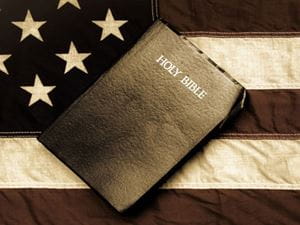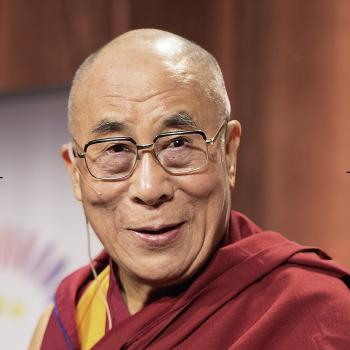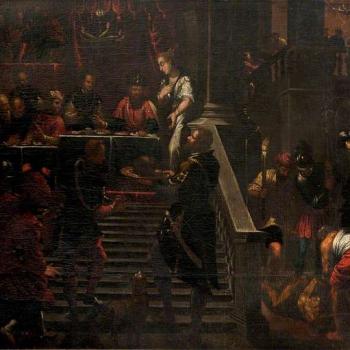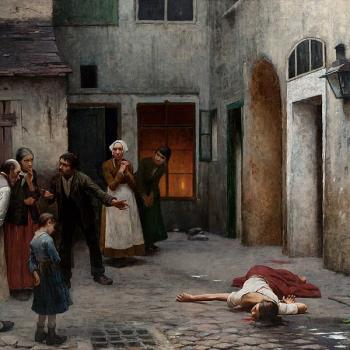
Christians have a long and complicated history in politics around the world. From Christianity’s earliest days, when it was an illegal religion under Roman emperors, to its legalized status under Constantine (A.D. 313), to its official religion-of-the-state status under Theodosius (A.D. 380), it has run the gamut from politically persecuted to powerful.
During the Middle Ages, the church and the European states were deeply symbiotic. This arrangement began to crumble with the Reformation. Some forms of Protestantism argued strongly that Christians should remain aloof from the functions of the state, including serving in the military, taking oaths, or assuming public positions. Others believed that the state should support and further the work of the church, thus bringing moral order to the social structures. Christianity has retained official status in some countries, but most nations have disentangled their governments from association with the church. Official separation, however, does not mean that Christians have or should become apolitical.
All members of nations that guarantee religious freedom have the right and responsibility to contribute to the common good through a variety of avenues, including politically. No one is neutral when it comes to political opinions. People bring their own values, opinions, convictions, moral viewpoints, knowledge, and experiences into the public square. Christians can no more leave these things behind in the voting booth than can anyone else. Nor should Christian faith bar a person from seeking political office and incorporating personal convictions into the work as long as those convictions are permitted by the law of the land. Religious freedom means the freedom to practice faith in the public and private spheres, in the home and in the workplace, in the church and in the statehouse. Christian faith, like any other religious belief, is not solely a private matter.
Some opposition to Christians participating in politics stems from a fear that Christians will impose moral or religious standards on others, to legislate Christianity. In truth, though, the political process always draws on its members’ visions of society and moral concepts, whether participants are religious or nonreligious. Christians who take positions on laws or candidates based on their religious convictions will inevitably provoke resistance from those who disagree, but politics should always be a matter of compromise and cooperation rather than coercion.
Part of political reality in democratic nations is that citizens live under the rule of law, and sometimes certain laws are unwelcome to parts of the population. Citizens are free to protest and work to change those laws. Christians encourage and defend laws that protect or promote values that Christians believe are best for all of society. That said, not all Christians agree on those values; they do not vote in bloc; they have widely differing perspectives on nearly every political issue.
Political rhetoric in many countries has become increasingly vitriolic and contentious. Some demand conformity to certain codes or platforms, shouting down those who disagree. Others withdraw, keeping their opinions private but demonstrating them in the voting booth. Both of these trends bode ill for freedom of speech as well as freedom of religion.
Read more about Christianity’s early political experiences here.
3/23/2021 6:32:39 PM










